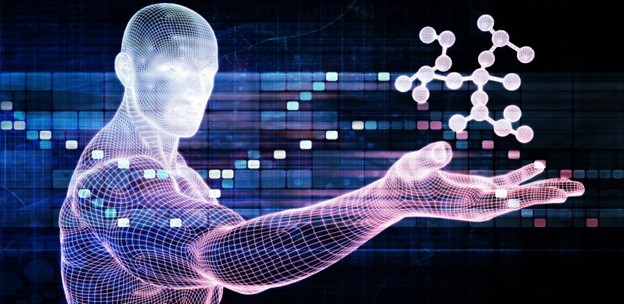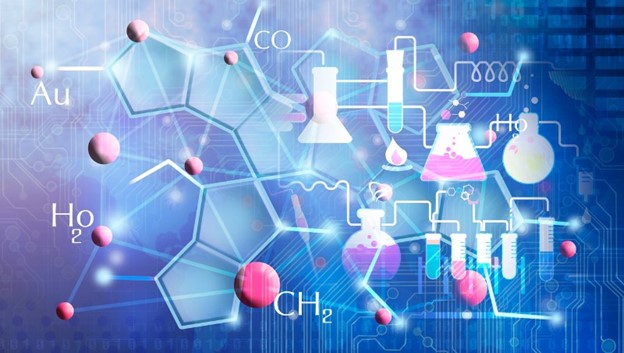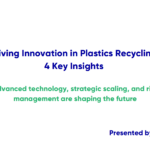Expert Witness – Life Sciences
The Life Sciences
Life sciences encompass a wide range of scientific disciplines that focus on the study of living organisms and their interactions with the environment. These disciplines explore the structure, function, behavior, evolution, and relationships of living systems, including humans, animals, plants, microorganisms, and ecosystems.

Some key areas considered part of the life sciences include:
Biology: The study of living organisms, including their structure, function, growth, evolution, distribution, and taxonomy. It encompasses various subfields, such as botany (study of plants), zoology (study of animals), microbiology (study of microorganisms), genetics (study of genes and heredity), ecology (study of organisms and their environments), and more.
Biochemistry: Focuses on the chemical processes and substances that occur within living organisms. It includes the study of biomolecules such as proteins, carbohydrates, lipids, and nucleic acids, and their roles in cellular functions, metabolism, and biochemical pathways.
Biotechnology: Involves the application of biological systems, organisms, or their derivatives to develop products or processes for various purposes, including healthcare (e.g., biopharmaceuticals, gene therapy), agriculture (e.g., genetically modified crops, biopesticides), industrial processes (e.g., biofuels, bioplastics), and environmental remediation.
Genetics and Genomics: Focuses on the study of genes, genetic variations, heredity, and genetic mechanisms in living organisms. Genomics extends this study to the entire genome (all the genes) of an organism or species, including genome sequencing, comparative genomics, and functional genomics.
Pharmacology: Deals with the study of drugs, their effects on living organisms, and their use in treating diseases. It includes pharmacokinetics (drug absorption, distribution, metabolism, and excretion), pharmacodynamics (drug actions and mechanisms), toxicology (study of poisons and adverse effects), and drug development.
Ecology: Examines the interactions between organisms and their environments, including the relationships between species, ecosystems, biodiversity, nutrient cycles, energy flow, and ecological processes. It also addresses environmental issues, such as pollution, climate change, conservation, and sustainable development.
Neuroscience: Focuses on the study of the nervous system, including the brain, spinal cord, neurons, neurotransmitters, and neural circuits. It encompasses areas such as cognitive neuroscience, behavioral neuroscience, neurobiology, neuropharmacology, and neuroimaging.
These disciplines often overlap and intersect, contributing to a comprehensive understanding of life and its complexities. They have applications in diverse fields, such as medicine, agriculture, environmental science, biotechnology, pharmaceuticals, conservation, forensic science, and more. This makes life sciences a crucial and dynamic area of scientific inquiry and innovation.
The Experts In Life Sciences
Experts in life sciences are professionals with specialized knowledge and experience in various fields related to living organisms, including biology, biochemistry, genetics, pharmacology, biotechnology, and related disciplines. These experts often have advanced degrees, such as Ph.D., M.D., or D.V.M., along with years of practical experience in their respective areas. Their expertise can cover a wide range of topics, including but not limited to:
Biological Research: Experts in life sciences often conduct research on living organisms to understand their structure, function, behavior, and interactions with the environment. This can include studying cellular processes, genetic mechanisms, evolutionary biology, and ecosystems.
Medical and Healthcare: Life science experts in the medical field focus on human or animal health, diagnosing diseases, developing treatments, and conducting clinical trials. They may specialize in areas like oncology, cardiology, neurology, immunology, or infectious diseases.
Pharmaceuticals and Biotechnology: Professionals in this area work on developing drugs, vaccines, and other biopharmaceutical products. They may be involved in drug discovery, preclinical and clinical development, regulatory affairs, and pharmacovigilance.
Genetics and Genomics: Experts in genetics study genes, heredity, and genetic variations. They may work on genetic testing, gene therapy, genetic counseling, or research related to inherited diseases, population genetics, or molecular genetics.
Biotechnology and Bioengineering: Life science experts in biotechnology focus on using biological systems, organisms, or their derivatives to develop products or processes. This can include areas like agricultural biotechnology, industrial biotechnology, biofuels, biomaterials, and bioinformatics.
Environmental and Conservation Biology: Some experts in life sciences specialize in studying the impact of human activities on ecosystems, biodiversity conservation, sustainable agriculture, climate change, and environmental remediation.
These experts play crucial roles in advancing scientific knowledge, developing new technologies and treatments, addressing global health challenges, improving agricultural practices, and promoting environmental sustainability. They may work in academic institutions, research organizations, pharmaceutical companies, government agencies, consulting firms, or as independent consultants providing expertise and guidance in their respective fields.
The Life Sciences Expert Witness
An expert witness in life sciences can provide valuable assistance in litigation cases by offering specialized knowledge, analysis, and testimony related to scientific and technical aspects relevant to the case. Here are several ways an expert witness in life sciences can contribute:
Interpretation of Scientific Data: Life science experts can interpret complex scientific data, research findings, medical records, or technical documents for the court and legal teams. This interpretation can help clarify technical concepts, identify key points, and explain the significance of scientific evidence.
Expert Opinions and Testimony: Experts in life sciences can provide expert opinions and testify in court regarding scientific principles, methodologies, industry standards, best practices, and the interpretation of scientific evidence. Their testimony can help the court understand complex scientific issues and make informed decisions.
Evaluation of Causation and Damages: Life science experts can assess causation by analyzing factors such as exposure to substances, medical conditions, genetic factors, environmental influences, or product effects. They can also evaluate damages related to health impacts, injuries, medical costs, lost income, or other economic losses.
Review of Medical Records and Reports: Experts can review medical records, laboratory reports, research studies, regulatory documents, or other scientific materials to identify relevant information, inconsistencies, errors, or deviations from standards of care. This review can support legal arguments and case strategies.
Assessment of Compliance and Standards: Life science experts can assess compliance with industry regulations, standards of practice, safety protocols, quality control measures, ethical guidelines, and legal requirements. They can identify deviations from these standards and evaluate their impact on the case.
Preparation of Expert Reports: Experts in life sciences can prepare detailed expert reports that summarize their analysis, findings, opinions, and conclusions. These reports are often submitted to the court and shared with the opposing party during the discovery process.
Consultation and Strategy Development: Life science experts can consult with attorneys, legal teams, and clients to provide strategic guidance, case analysis, risk assessment, expert witness selection, and preparation for depositions, hearings, or trials. They can also help develop cross-examination strategies for opposing expert witnesses.
Educational Presentations: Experts can create educational materials, presentations, or visual aids to help judges, juries, and other stakeholders understand complex scientific concepts, experimental methods, medical conditions, or technical details relevant to the case.
Overall, an expert witness in life sciences plays a crucial role in bridging the gap between scientific knowledge and legal proceedings, helping ensure that scientific evidence is accurately understood and applied in the context of litigation.
LEC Partners
LEC Partners has over 180 experts that can help navigate your bioeconomy needs. If you need assistance with your wastewater project(s), please Contact Us.
Have some questions?
Not sure where to start?
Let's start a conversation. We're here to help you navigate
the bioeconomy with confidence.


